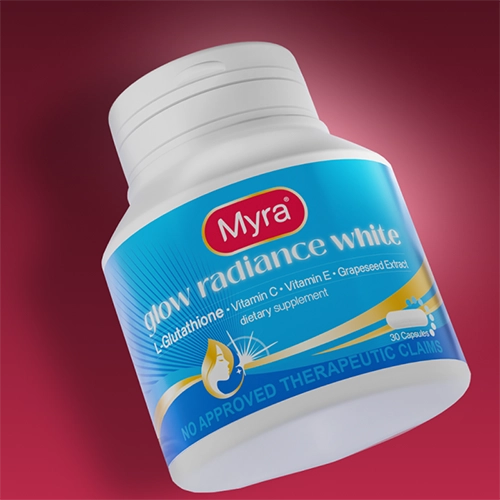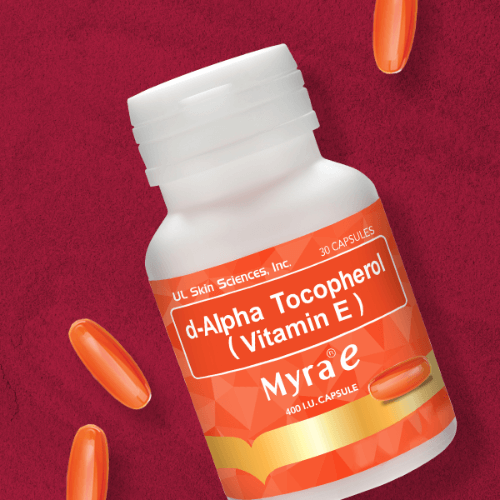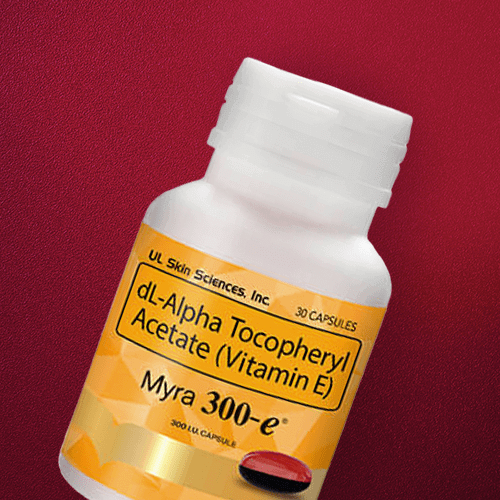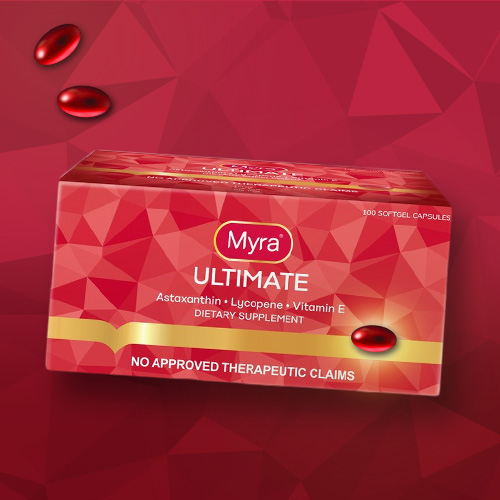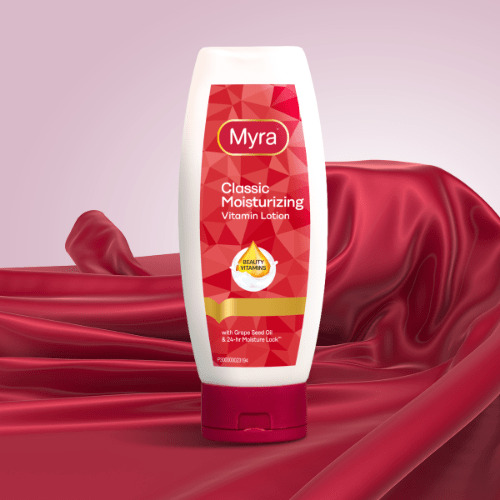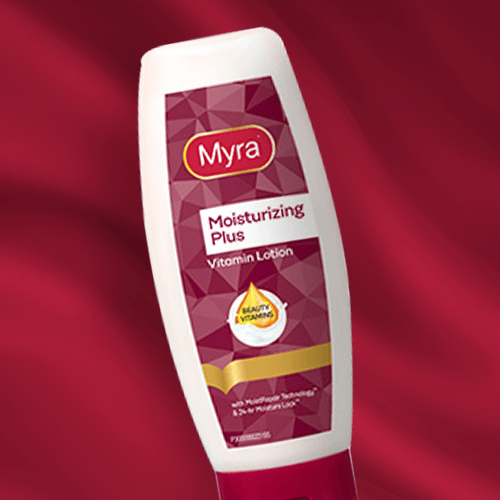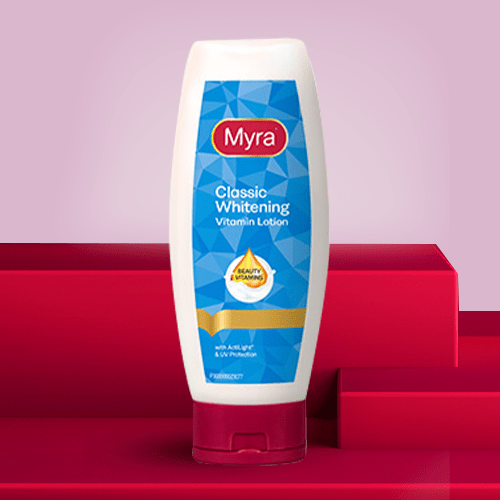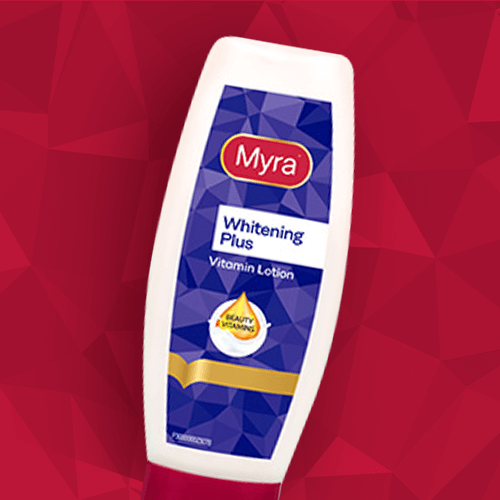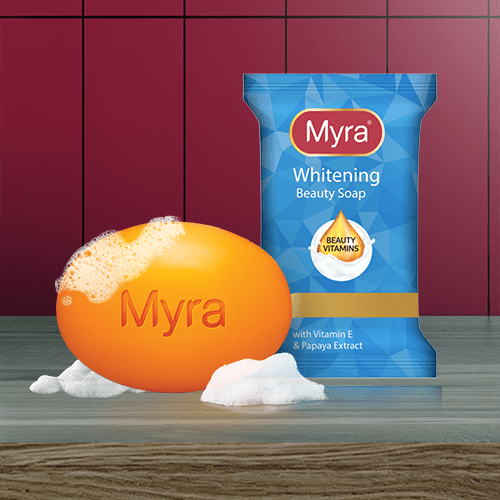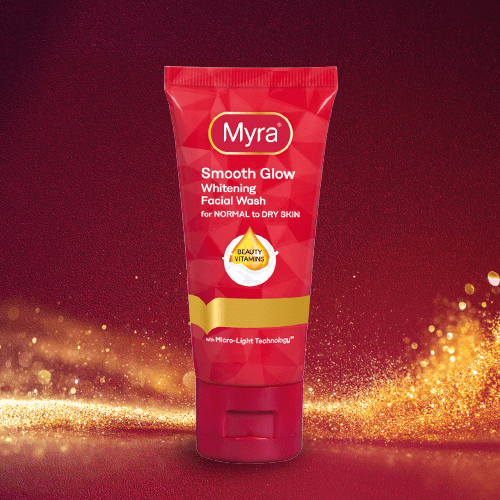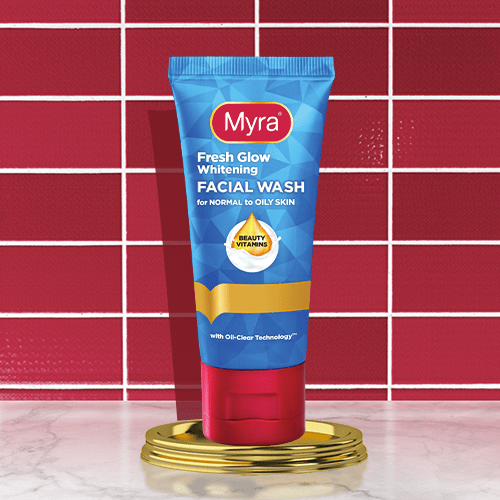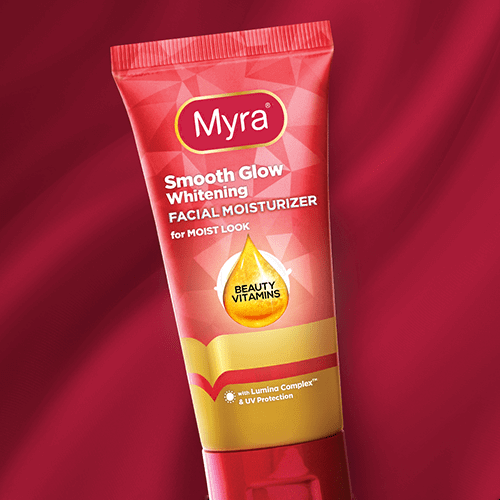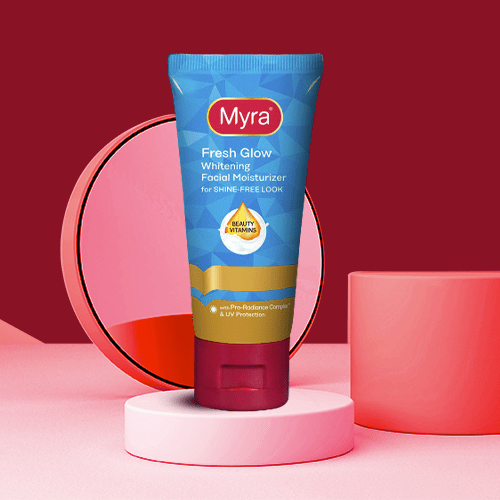You may not know it, but your skin can lose moisture every day — even while reading this article. One of the culprits behind this is transepidermal water loss (TEWL), wherein water passes from the deeper layers of the skin to the surface, only to evaporate into the air. Factors that can further drive skin moisture loss include climate, age, and even skincare habits. Sadly, moisture loss that compounds over time can lead to tight, rough, itchy, flaking, or dry skin and reduce your confidence to face the world.
In case you spot any of the mentioned signs of skin distress, don’t fret. Learn how to stop the skin from losing moisture even further with the help of these tips.
- Drink lots of water.
This is advice that’s often repeated by many skincare experts — and with good reason. As the body’s largest organ, the skin benefits a lot from constant hydration in the form of water.
Findings from 2024 noted that drinking lots of water is important in maintaining proper skin hydration and skin elasticity, addressing skin dryness, improving skin barrier strength, and reducing the risk of skin flare-ups. Moreover, water also helps deliver nutrients to cells, eliminate waste, protect joints and organs, and regulate body temperature.
But how much water should adults take daily? The U.S. National Academies of Sciences, Engineering, and Medicine advises that men drink around 15.5 cups or 3.7 liters of fluids daily. Meanwhile, the recommended daily fluid intake for women is 11.5 cups or 2.7 liters. - Choose food that helps boost skin moisture.
What you eat can impact skin appearance and texture. It has long been highlighted that eating fruits and vegetables with antioxidants, vitamins, and other nutrients isn’t just good for overall body function, but assists in producing skin cells and promoting skin health too.
Some food choices that may be beneficial for people suffering from a lack of skin moisture include sweet potato, kiwis, bell peppers, yellowfin tuna, and green tea. These food options contain vital nutrients that can help improve skin health and address dryness.
- Consider taking vitamin E supplements for skin moisture.
On days when it may not be possible to eat nutrient-rich and skin-boosting food, taking supplements with vitamin E like d-Alpha Tocopherol (Vitamin E) [Myra E] may be helpful. Each capsule contains 400 IU of the natural form of vitamin E in d-Alpha Tocopherol that may:
– Help promote healthy skin
– Help lower the risk of a vitamin E deficiency
– Help boost collagen production
– Help renew skin cells
– Help strengthen immunity by increasing resistance against sickness
With regular intake, proper diet and exercise. Vitamin E supplements may help boost skin health, given past research showing that they can assist in stabilizing one’s skin barrier and increasing the moisture within it. Plus, the combination of oral intake and topical application of vitamin E products can help increase amounts of this vitamin in the body and allow it to work deeper into the skin. This way, vitamin E may provide some of the benefits mentioned earlier.
- Wash the face with a cleanser that’s gentle, mild, and fragrance-free.
One’s skincare routine may be an underlying cause of skin moisture loss. Because of this risk, it would be helpful to seek the guidance of a dermatologist who can determine if one’s facial cleanser is good for the skin or needs to be changed.
According to experts, cleansers with alcohol, fragrances, colors, chemicals, artificial colors, parabens, sodium lauryl sulfate (SLS), diethanolamine (DEA), monoethanolamine (MEA), and mineral oil-based ingredients may cause skin irritation and dryness. Ideally, people should look for mild and fragrance-free cleansers that are best suited for their skin type.
- Protect the skin from the harsh rays of the sun.
UV rays emitted by the sun can damage the skin by stripping moisture and essential oils away from it, resulting in parched, wrinkly, and flaky skin. It can also lead to instances of sunburn and/or actinic keratosis, wherein rough and scaly patches develop on the skin.
To prevent this from happening, apply a broad-spectrum sunscreen that can shield the skin against UVA and UVB rays, whether you’re going out or staying at home. Don’t forget to use a product with a Sun Protection Factor (SPF) rating of 30 and above, or as recommended by your dermatologist. Reapply it at least every two hours or more often if you are headed outdoors.
Achieve Moisturized Skin That Boosts #SkinConfidence Today!
Lock in skin moisture so you are more than ready to face the world and conquer your challenges! Together with proper diet and exercise, d-Alpha Tocopherol (Vitamin E) [Myra E] can help you stand out even in seemingly casual everyday moments.
Suggested use of d-Alpha Tocopherol (Vitamin E) [Myra E] is one (1) capsule orally once a day, or as directed by a physician. d-Alpha Tocopherol (Vitamin E) [Myra E] is available online and in leading drugstores and supermarkets nationwide at a suggested retail price (SRP) of Php13.00 per capsule.
ASC No. U0098P102825M
References:
https://www.mdpi.com/2079-9284/11/1/13
https://pmc.ncbi.nlm.nih.gov/articles/PMC9168018/
https://pmc.ncbi.nlm.nih.gov/articles/PMC8301013/
https://pmc.ncbi.nlm.nih.gov/articles/PMC8778033/
https://www.jidonline.org/article/S0022-202X(18)32576-4/fulltext
https://www.sciencedirect.com/science/article/abs/pii/S0899900723003787
https://www.mayoclinic.org/diseases-conditions/dry-skin/symptoms-causes/syc-20353885
https://www.healthline.com/health/dry-skin
https://www.healthline.com/nutrition/vitamins-for-dry-skin
https://www.webmd.com/beauty/features/skin-hydration
https://www.aad.org/public/everyday-care/skin-care-basics/dry/dermatologists-tips-relieve-dry-skin
https://www.health.harvard.edu/staying-healthy/9-ways-to-banish-dry-skin
https://www.health.harvard.edu/diseases-and-conditions/sun-damaged-skin-a-to-z


